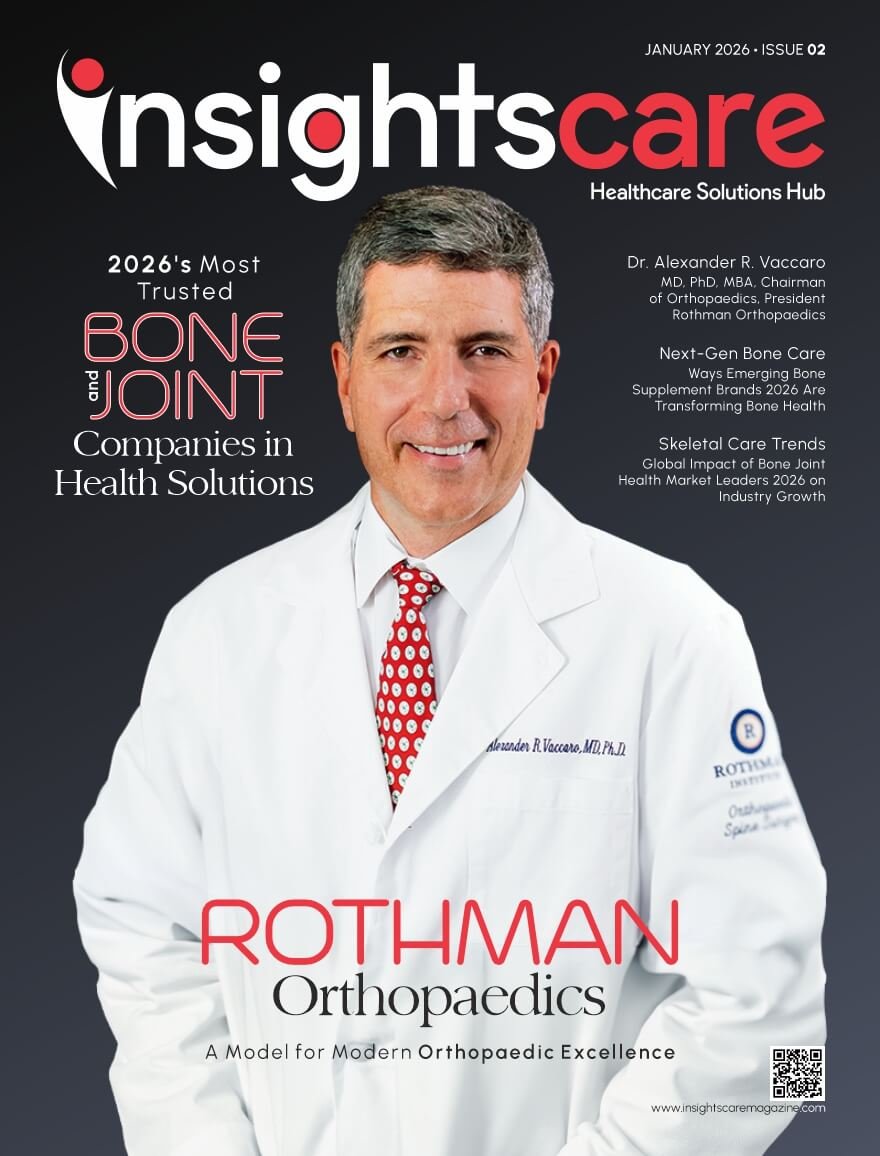Medicare Advantage plans are the option for retirees and seniors who prefer comprehensive health coverage additional to Original Medicare. Part C, or Medicare Advantage plans, consolidate hospital (Part A) and medical insurance (Part B) into one package and, in most cases, throw in extras such as vision, dental, and pharmacy. As more and more Americans are turning to these plans, it is well worth scrutinizing the fine print, advantages, disadvantages to signing up for a Medicare Advantage plan.
What Are Medicare Advantage Plans?
Medicare Advantage plans are private health insurance policies written by authorized private insurance companies. They include Part A and Part B benefits and even Part D (pharmacy benefits) at certain points. In contrast to federally managed Original Medicare, the plans are managed by private companies, which provides them more leeway to design benefits.
They are offered under Health Maintenance Organizations (HMOs), Preferred Provider Organizations (PPOs), Private Fee-for-Service (PFFS) plans, and Special Needs Plans (SNPs) depending on the different health and financial requirements.
Why Medicare Advantage Plans Rather than Original Medicare
One of the primary reasons why elderly people prefer Medicare Advantage plans is that they have a greater chance of receiving more services through one plan. Although Original Medicare covers medical and hospital care, it falls short when it comes to covering dental, hearing, vision, and wellness. That is why all such Americans are hurrying to:
- Comprehensive Benefits: The majority of Medicare Advantage plans include benefits such as membership at the gym, wellness coaching, rides to doctor appointments, and more.
- Prescription Drug Coverage: Integrated Part D coverage is included in most plans, so there is no need to buy a drug plan separately.
- Out-of-Pocket Maximum: Unlike Original Medicare, which does not cap out-of-pocket expenses, these plans limit your expenditures, providing protection for your finances.
Key Benefits of Medicare Advantage Plans
- Care Coordination: The majority of the plans have networks that coordinate your care in such a manner that the providers communicate better and therefore there are more favorable health outcomes.
- Lower Monthly Premiums: Others Medicare Advantage plans pay lesser, even $0 monthly premiums compared to Medigap supplemental policies.
- Individualized Plans: Seniors have a wide variety of types of plans to select individualized to their unique needs—chronic disease plans, low-income plans, etc.
- Telemedicine Visits: Most plans include virtual visits, but having medical care at your command in your own living room.
Potential Drawbacks of Medicare Advantage Plans
While these Medicare Advantage plans offer a lot of benefits, they are not perfect for everyone. These are some of the problems:
- Limited Provider Networks: You may be required to choose doctors in one specific network, and non-network care may be prohibitively expensive or unavailable.
- Referral Requirements: Certain plans, the majority of them HMOs, necessitate referrals to specialists.
- Regional Variation: Medicare Advantage plan quality and nature differ widely by region, which determines your access to care.
- Annual Plan Adjustments: Physicians’ network and coverage, as well as rates, may fluctuate year to year, so comparison of the plans is most important during open enrollment.
Choosing the Right Medicare Advantage Plan
How to choose the correct plan, there are many things to consider. Here is the way to distill it down:
- Attempt Your Health Care Needs: Think about day-to-day prescriptions, regular physicians, chronic medical situations, and upcoming treatments.
- Shop Around by Prices: Compare copays, coinsurance, deductibles, and maximum out-of-pocket payments.
- Read Ratings: Medicare gives every plan a star rating (1–5) for quality and performance. The more stars, the higher the satisfaction and care.
- Annual Enrollment Period: Take a few minutes to look over your current plan and compare existing plans that service your area.
Medicare Advantage plans are attractive to individuals who would prefer it all in one package and to those who prefer aggressive management of their health. Older adults with closely managed chronic conditions, urban dwellers where provider networks are highly dense, and retirees for whom very preventive care and wellness benefits are highly, highly valuable are the best prospects.
For senior citizens who are tech-savvy, the fact that one can add telehealth services, mobile health apps, and online monitoring features under such plans makes them a high-tech solution for age-related illnesses.
Medicare Advantage Plans vs Medigap: What’s the Difference?
One of the most commonly asked questions about Medicare is whether to enroll in a Medicare Advantage plan or Medigap policy.
- Medicare Advantage plan combine coverage with some add-ons but keep you in plan networks and can change annually.
- Medigap policies supplement Original Medicare and allow you to go see any doctor who takes Medicare. Ours are higher but consistent premiums.
Your decision will always come from what you have budgeted, travel frequency (Medigap is optimal for state travel outside of where you reside), and how much risk you are comfortable with when looking at annual alterations.
The Future of Medicare Advantage Plans
As medical costs rise and the needs of the elderly change, Medicare Advantage plans will only grow. Insurers are bringing innovation to the table with products such as homecare, AI-based health tracking, and enhanced wellness programs. Policymakers are also considering how to incentivize more monitoring and transparency in the way such plans operate so seniors benefit and receive quality of care.
Conclusion:
Medicare Advantage plans are value, convenience, and extras all in one. They are not a do-it-yourself solution, though. To get the best, consumers must weigh their choices on an annual basis, take a peek at their own health and wallet, and, if needed, sit down with a skilled Medicare counselor.
Since the healthcare environment is constantly evolving, knowing the workings and functions of Medicare Advantage plans will assist retirees and prospective beneficiaries in making wise, well-educated decisions that are ideally matched to their general health and well-being.










